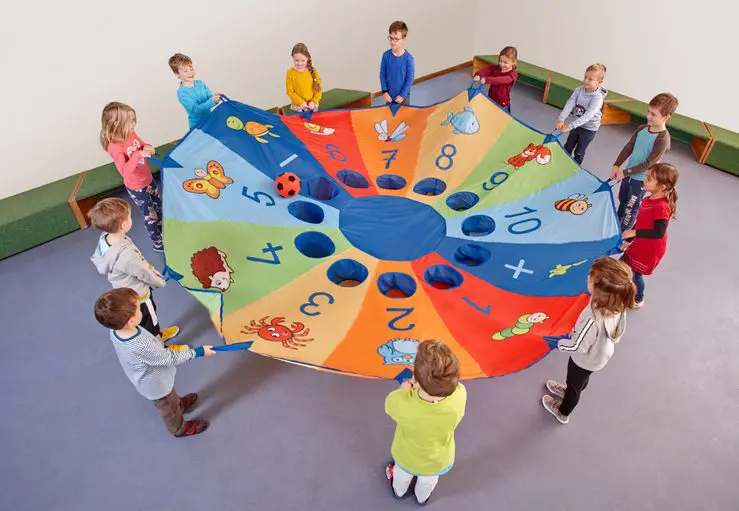KidsRights is an international non-governmental organization that promotes the well-being of vulnerable children around the world and advocates for the realization of their rights. The foundation also funds local projects aimed at directly improving the rights of vulnerable children and stimulating children’s participation and youth change.
The KidsRights Index is a collaboration between the KidsRights Foundation, the Erasmus School of Economics and the International Institute for Social Research.
The KidsRights Index (available at www.kidsrightsindex.org) is an annual global ranking of how countries around the world respect children’s rights. The KidsRights Index has been published annually since 2013 and is the world’s first and only children’s rights index based on the Convention on the Rights of the Child and compiled on the basis of fully comparable existing data.
The index lists all countries that have agreed to abide by the UN Convention on the Rights of the Child, for which there is sufficient information. Currently, 182 countries are listed.
KidsRights index indicators include:
Life
• Mortality under five years of age
• Life expectancy at birth
• Maternal mortality rate
Healthcare
•% of people under the age of five who are underweight
• Immunization of one-year-old children
•% of the population using improved sanitary facilities
•% of the population using improved sources of drinking water
Education
• Expected years of training for girls
• Expected years of training for boys
• Gender inequality in the expected years of study
• Protection
Child work
• Adolescent birth rate
• Birth registration
• Environment for the rights of the child
- Non-discrimination
• Higher interests of the child
• Supporting legislation
• Best available budget
• Respect for the child’s views / participation
• Collection and analysis of disaggregated data
• Cooperation between the state and civil society for participation in the rights of the child
2021 Ranking in Southeast Europe:
• 19th place Croatia (20th in 2020)
• 30th place Bulgaria (same place in 2020)
• Greece is 41st (40th in 2020)
• 42nd – Serbia (36th in 2020)
• 52nd – Montenegro (42nd in 2020)
• 55th – Republic of Moldova (56th in 2020)
• 56th – Northern Macedonia (46th in 2020)
• 60th – Albania (52nd in 2020)
• 70th – Bosnia and Herzegovina (61st in 2020)
• 118th – Romania (129th in 2020)
• 141st – Hungary (44th in 2020)







